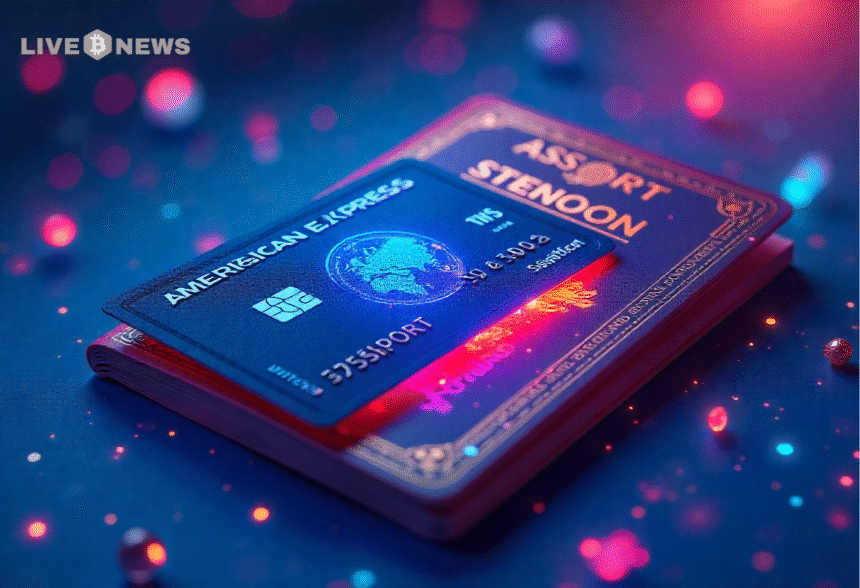American Express has introduced a groundbreaking feature for its cardholders: blockchain-based passport stamps that allow travelers to digitally capture their journeys. In an era where physical passport stamps are becoming less common, this new offering serves both as a nostalgic nod to traditional travel experiences and a response to the growing demand for digital memorabilia.
Eligible participants in the program must possess a U.S. consumer Amex card linked to their online account. Each time they make an international purchase or book a trip, a digital stamp is automatically generated. This feature even retroactively includes travel history for trips taken up to two years prior, ensuring that past adventures can be preserved in this modern format.
These digital stamps feature basic information, including the country or region visited, a brief description, and the date the stamp was earned. Importantly, sensitive data about personal trips remains concealed, providing privacy while allowing users to create a sharable record of their travel experiences. Travelers can easily post these stamps on social media, save them to their camera rolls, or use them as personal archives to commemorate significant milestones.
The shift to digital passport stamps arises amid the fading presence of physical stamps in parts of Europe, where digital solutions are increasingly taking over. A survey conducted by American Express revealed that 73% of respondents desire better digital ways to celebrate their trips, while 56% miss the tangible experience of receiving traditional passport stamps. By leveraging blockchain technology, the company ensures that each stamp is permanent, tamper-proof, and securely stored without relying on centralized servers. This non-transferable nature of the tokens helps circumvent potential regulatory challenges associated with speculative digital assets, positioning the passport stamps as a utility-focused feature rather than merely another cryptocurrency collectable.
American Express is not an isolated entity in this trend; the travel industry is gradually adopting blockchain technologies. For instance, platforms like Travala enable users to book hotels using cryptocurrency. Data indicate that crypto users typically spend more and stay longer, attracting the attention of airlines and hospitality providers that are slowly integrating crypto payments into their businesses. However, what sets American Express’s passport stamps apart is their emphasis on emotional resonance rather than transactional utility; these stamps focus on celebrating the experiences that define travel rather than merely facilitating purchases.
The initial response from the market to the launch has been favorable, with American Express shares experiencing a slight increase following the announcement. Coinbase stock also saw a modest rise, suggesting a broader confidence that blockchain can be integrated into conventional financial products without becoming mired in speculative concerns.
Overall, American Express’s passport stamps offer a glimpse into how blockchain technology can transcend its financial origins and find utility in everyday applications. By prioritizing user experience and the preservation of travel memories over profit, the company melds tradition and innovative technology in a manner that appeals to contemporary travelers. As physical passport stamps fade into the past, this initiative has the potential to redefine how adventures are documented in the digital age.







